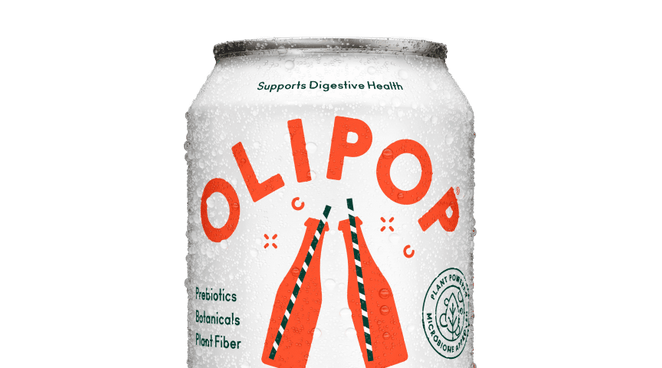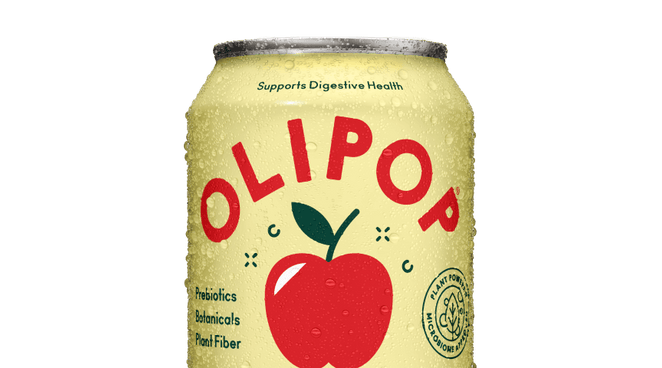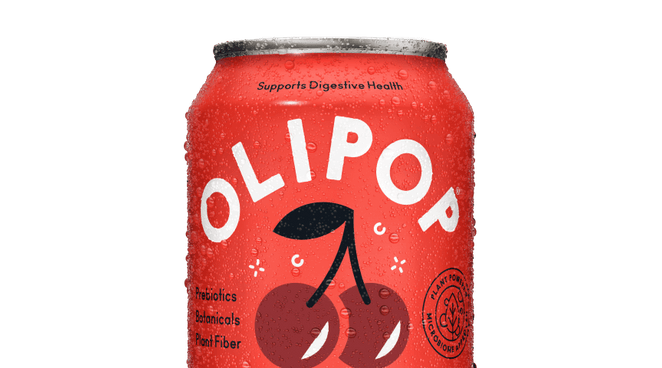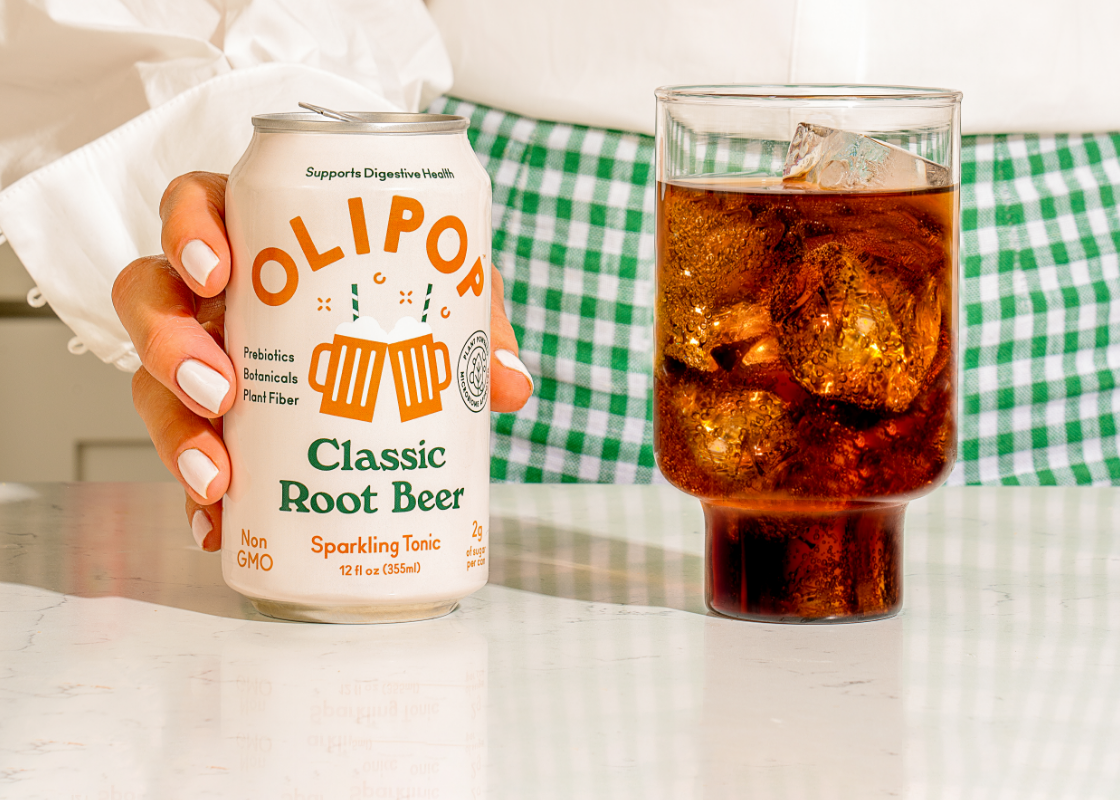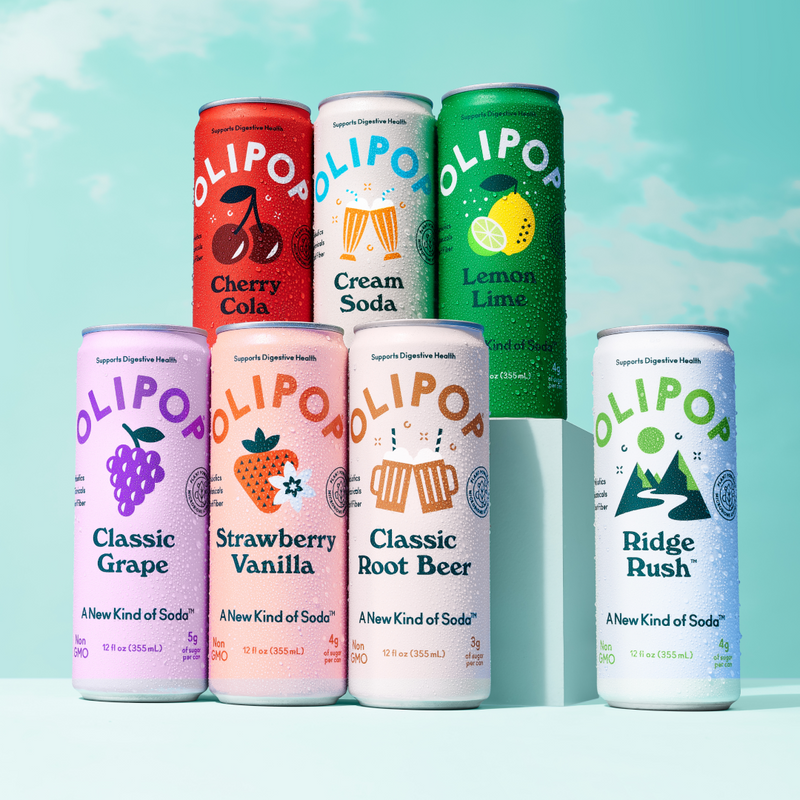We're not just your average soda company. We’re on a mission to not only produce high-fiber, delicious soda but to ensure our products are good for the environment too. At OLIPOP, we’re committed to growing our awareness and improving our social, economic, and environmental impact. We believe that our success should be measured not only by profitability but also by our responsibility to people and the planet.
This commitment to sustainability first starts with an understanding of what our environmental impact is so that we can then identify steps to reduce it. One of the major ways we do that at OLIPOP is through Life Cycle Assessments (LCA). What is a LCA and how do we commit at OLIPOP to reducing our environmental impact? Join us for a deeper dive…
What is a Life Cycle Assessment (LCA)?
A Life Cycle Assessment (LCA) is a method of evaluating the environmental impacts of a product, process, or service from start to finish. As the name suggests, it looks at every stage of its life cycle, including raw material sourcing, production, distribution, use, and disposal or recycling. An LCA considers various environmental aspects from energy use to resource consumption to emissions, as well as potential impacts on human health and ecosystems.
The key steps in an LCA include:
1. Defining the objectives, goals, and scope of the assessment
2. Collecting data on all inputs and outputs associated with the product (like raw materials, energy consumption, emissions, etc.)
3. Assessing the potential environmental impacts associated with the data
4. Drawing conclusions based on identified hotspots for improvement
Looking at the entire life cycle rather than only focusing on individual stages offers a holistic perspective of your total environmental impact. The end goal of this comprehensive and holistic approach is to help identify ways to improve sustainability in decision-making.
Life Cycle Assessment (LCA) at OLIPOP
At OLIPOP, we conducted our first Life Cycle Assessment (LCA) in 2022, alongside our inaugural greenhouse gas (GHG) inventory. Since then, we’ve continued conducting GHG accounting annually and are updating our LCAs this year to track progress and identify new opportunities for improvement over time. These assessments help us better understand the full environmental impact of our products—from ingredient sourcing to end-of-life—and inform actions such as increasing post-consumer recycled content in our packaging and improving logistics efficiency.
What does an LCA look like at OLIPOP? An LCA tracks the journey of an OLIPOP can, highlighting the significant stages of raw material procurement, including our packaging materials like aluminum and cardboard, alongside production, storage, and distribution. For instance, our LCA for Classic Root Beer begins with the sourcing of non-GMO fruits and plant fibers moving through to our manufacturing process. We then assess the storage, where we aim for minimized energy use and distribution, optimizing logistics to reduce carbon emissions. Packaging is crucial too, with our choice of aluminum cans for better recyclability. The life cycle concludes with the disposal or recycling of our cans.
Focused Efforts on Storage, Distribution, and Packaging
This comprehensive analysis helps us pinpoint where we can decrease environmental impact at every stage, from production to post-consumer. We're taking decisive action on critical areas identified through the LCA: storage, distribution, and packaging. Our strategies include:
- Logistics Network: We’re enhancing our logistics network for efficiency, thereby reducing the carbon footprint associated with distribution from suppliers to customers.
- Recycled Content in Packaging: We choose aluminum cans for their infinite recyclability, significantly reducing our carbon footprint and fostering a circular economy. We're also committed to elevating the recycled content in our packaging.
- Sustainable Sourcing: OLIPOP sources 58% of our goods domestically to support local economies. We also ensure that all of our ingredients are certified non-GMO and hold our suppliers accountable to our Supplier Code of Conduct.
- Supply Chain Management: We work with our suppliers to improve their environmental practices through annual Sustainability Surveys and shared resources.
- B Corp Certification: B Corporations are certified companies that use their business and products as a force for good. In July 2023, OLIPOP became a Certified B Corp with a score of 91, marking our steadfast dedication to positive global impact.
- Health and Education: Central to our mission is the health of our customers and communities. We're champions of the Food as Medicine movement, aiming to educate and inspire towards a healthier lifestyle.
- Sustainability Partnerships: Collaboration is vital to our mission, and we're honored to partner with and give to like-minded organizations committed to a sustainable and healthy world, such as Greater Chicago Food Depository, Second Harvest Foodbank of Southern Wisconsin, Trees for the Future, and Project Drawdown.
These targeted efforts, informed in part by our Life Cycle Assessment, underscore OLIPOP’s dedication to crafting not only a better-for-you soda but one that’s more mindful of its environmental impact.
Sustainability at OLIPOP: The Takeaway
Thanks to our Life Cycle Assessment and continued efforts toward sustainability, we have a clearer vision of how to reduce our carbon footprint. But we still have a way to go as we continue to balance the growth of our company with our sustainability targets. That’s why we need your help! Join the OLIPOP movement today and help us make a healthier, more sustainable world. Whether it's by choosing our products, sharing our mission, or engaging in community and local initiatives, every action counts.
Ready to get involved? Sign up for our newsletter, follow us on social media, send us your green ideas, and let’s shape a sustainable future with every can of OLIPOP. Together, we’re not just enjoying delicious soda, we’re crafting a healthier world.
- A Life Cycle Assessment (LCA) is a method of evaluating the environmental impacts of a product, process, or service from start to finish.
- At OLIPOP, we conducted a greenhouse gas assessment and LCA in 2022 to measure our energy, water, and waste outputs.
- This assessment provided us with a better understanding of our impact and sustainability areas for improvement.


